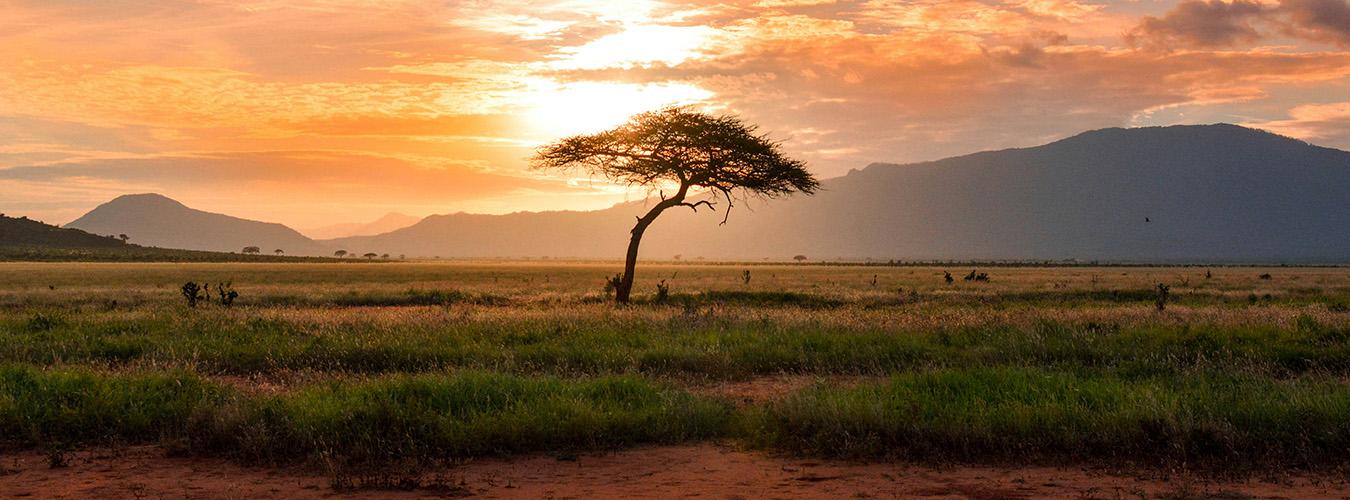From the Website of United Nations
links https://www.un.org/en/observances/environment-day
World Environment Day, 5 June
Our land. Our future.
All over the world, ecosystems are threatened. From forests and drylands to farmlands and lakes, natural spaces on which humanity’s existence depends are reaching a tipping point.
According to the UN Convention to Combat Desertification, up to 40 per cent of the planet’s land is degraded, directly affecting half of the world’s population. The number and duration of droughts has increased by 29 per cent since 2000 – without urgent action, droughts may affect over three-quarters of the world's population by 2050.
Land restoration is a key pillar of the UN Decade on Ecosystem Restoration (2021-2030), a rallying call for the protection and revival of ecosystems all around the world, which is critical to achieve the Sustainable Development Goals.
This is why World Environment Day 2024 focuses on land restoration, halting desertification and building drought resilience under the slogan “Our land. Our future. We are #GenerationRestoration.” We cannot turn back time, but we can grow forests, revive water sources, and bring back soils. We are the generation that can make peace with land.
2024 will mark the 30th anniversary of the UN Convention to Combat Desertification. The sixteenth session of the Conference of the Parties (COP 16) to the United Nations Convention to Combat Desertification (UNCCD) will be held in the Saudi capital, Riyadh, from 2 to 13 December 2024.
What is World Environment Day?
Led by the United Nations Environment Programme (UNEP) and held annually on 5 June since 1973, World Environment Day is the largest global platform for environmental public outreach and is celebrated by millions of people across the world. In 2024, it is hosted by Saudi Arabia.
Why take part?
Time is running out, and nature is in emergency mode. To keep global warming below 1.5°C this century, we must halve annual greenhouse gas emissions by 2030. Without action, exposure to air pollution beyond safe guidelines will increase by 50 per cent within the decade and plastic waste flowing into aquatic ecosystems will nearly triple by 2040.
We need urgent action to address these pressing issues.
UN Website
links
OTHER HUMAN RIGHTS PROMOTIONS WEBSITES
-----------------------------------------------------------------------------------
PROTECTION AND PROMOTION OF HUMAN RIGHTS
------------------------------------------------------------------------------------
-----------------------------------------------------------
-------------------------------------------



























































0 comments:
Post a Comment